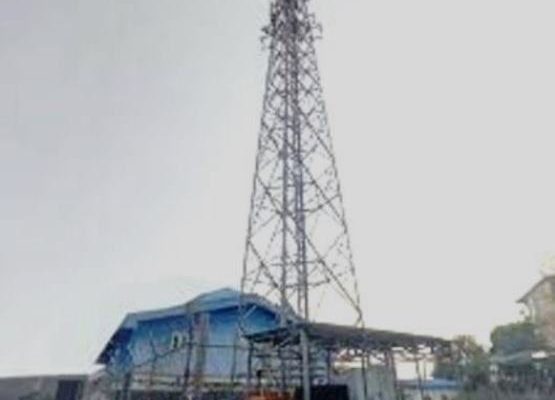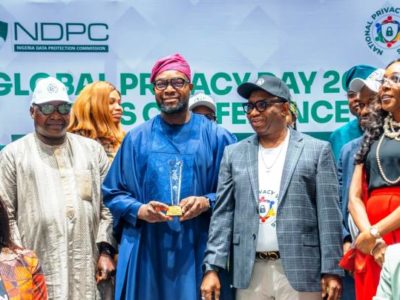By Osasome C.O
Nigeria’s Power Challenge Threatens ICT Growth

Ekeh: Power supply is backbone of digital transformation
Founder and Chairman of Zinox Technologies, Leo Stan Ekeh, has called for urgent reforms in Nigeria’s power sector to enable meaningful digital transformation.
RELATED: Telecoms, businesses suffer in Northern Nigeria blackout
Delivering the keynote address at the 2025 Institute of Change Management (ICM) Annual Conference in Lagos, Ekeh stressed that energy is the backbone of digital transformation, powering infrastructure, production, and supply. The industry icon was represented by Mr. Chris Uwaje, pioneer of Nigeria’s National IT Policy.
“We cannot wish change without prioritising and building abundant energy resources. Power supply is the backbone of the future of digital transformation,” he said.
Impact of Poor Power Supply on ICT and Digital Economy
Nigeria’s persistent power challenges—marked by unstable supply, high costs, and dependence on diesel generators—continue to undermine the ICT sector and limit national progress. Key impacts include:
- High Operational Costs: ICT firms spend heavily on generators, cutting profitability.
- Stalled Infrastructure Expansion: Unreliable electricity makes deploying fiber optics and telecom towers more expensive.
- Restricted Rural Access: Poor power and weak networks block rural residents from accessing digital services.
- Slow Digital Transformation: Energy constraints delay adoption of ICT solutions in fintech, health, agriculture, and education.
- Reduced Competitiveness: Nigerian ICT firms struggle against counterparts in regions with stable electricity.
Experts say solutions require policy reforms, renewable energy investments, grid modernization, and private-sector collaboration.
AI, Quantum Computing, and the Future of Change
Ekeh also highlighted the rapid rise of Artificial Intelligence (AI) and quantum computing, warning that Africa could face massive disruptions over the next 25 years if leaders fail to adapt.
He urged African governments and businesses to:
- Build innovative education systems leveraging technology.
- Create resilient business models and sustainable infrastructure.
- Nurture a merit-driven, trusted workforce with fair remuneration.
- Encourage continuous learning, creativity, and experimentation.
“Change begins with leadership—by fostering humility, empathy, trustworthiness, creativity, and innovation. The future belongs to those prepared to navigate its complexities with courage and resilience,” Ekeh said.
ICM Conference: A Launchpad for Transformation
In his opening remarks, Mr. Nat Osewele, President of the ICM Governing Council, emphasized that effective change leaders must inspire not just their organizations but also their communities and economies.
“The transformations we initiate today will shape a more inclusive, adaptive, and forward-looking society. The future is not to be feared—it is to be designed,” Osewele said.
The ICM 2025 Conference brought together policymakers, business leaders, and academics to discuss strategies for change management, digital transformation, and sustainable development in Africa.






























